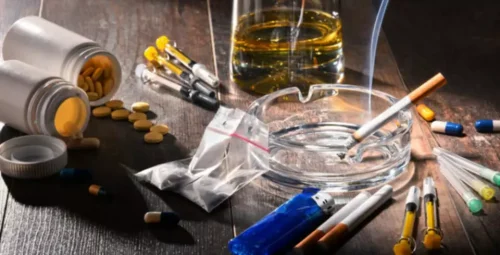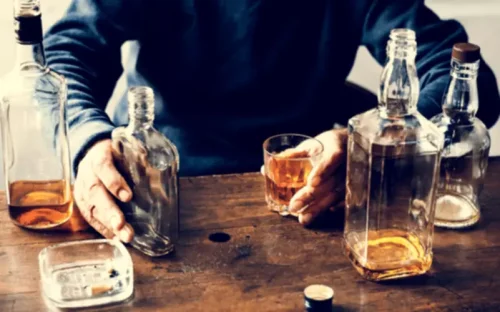
An alcohol overdose occurs when there is so much alcohol in the bloodstream that areas of the brain controlling basic life-support functions—such as breathing, heart rate, and temperature control—begin to shut down. Alcohol overdose can lead to permanent brain damage or death. Alcohol poisoning occurs when a person drinks so much alcohol that it becomes dangerously toxic to their body. Signs and symptoms include confusion, a loss of consciousness, slow breathing, low body temperature, and vomiting. Do not try to treat this life threatening condition at home. Anyone who drinks any kind of alcohol too quickly or in very large quantities is at risk of alcohol poisoning.
Alcohol-Related Deaths: What to Know

This can cause other organs in your body to shut down and increase your risk for death. Cirrhosis usually takes decades to develop, and sometimes people are not aware of it until it’s too late. For women, binge drinking is defined as consuming four or more drinks in the span of 2 hours. Most alcohol poisoning deaths happen between ages 35 and 64.
Help transform healthcare
Allergic reactions, fatigue, mood changes, and worsened cognitive performance can all be driven by melatonin use. Illicit fentanyl has also been pressed into fake pills to mimic drugs such as oxycodone or Adderall. In recent years, the powder has become a common additive to heroin, methamphetamine or other street drugs, often without the user knowing. Strips are also available 24/7 inside one of thousands of “NaloxBox” kits stationed throughout the state. Find a kit online at overdoselifeline.org/naloxone-indiana-distribution/. Fentanyl is a synthetic opioid that’s 100 times more potent than morphine and 50 times more potent than heroin, according to the U.S.

Health Topics: Alcohol Overdose
Meanwhile, the liver is able to process alcohol at a rate of about one standard drink an hour, so somebody who spaces out their drinks is likely to decrease their chances of dying from drinking alcohol. Between 2002 and 2022, combined rate of deaths https://ecosoberhouse.com/ due to alcohol, drugs, and suicide have increased by 142 percent from 74,003 deaths in 2002 to 207,827 deaths in 2022. Many people with alcohol use disorder hesitate to get treatment because they don’t recognize that they have a problem.
The only cure for alcohol poisoning is emergency medical treatment. The good news is that it’s possible to survive alcohol intoxication if appropriate medical treatment is given promptly. The stages of intoxication differ from person to person because they’re based on age, sex, weight, and other factors. Your liver usually does a good job of keeping alcohol’s toxins from getting into your bloodstream.
Alcohol Poisoning FAQs
They’ll also order blood and urine tests to check your alcohol levels. Binge drinking is defined as drinking that brings blood alcohol concentration (BAC) to 0.08% or higher. Because an alcohol overdose can suppress a person’s gag reflex, they could choke and possibly die if they vomit while unconscious and lying on their back. If vomit is inhaled into the lungs, it can cause a person to stop breathing. If you combine alcohol and drugs, you may not feel the effects of the alcohol.
- You don’t need to have all of the symptoms listed above to have an alcohol overdose.
- Higher percentages of alcohol in the blood may be fatal for some people.
- They should follow the below advice until medical assistance arrives.
- Your liver usually does a good job of keeping alcohol’s toxins from getting into your bloodstream.
Someone with a smaller body may experience the effects of alcohol more rapidly than someone with a larger body. In fact, the smaller-bodied person may experience an alcohol overdose after drinking the same amount that a larger-bodied person can consume safely. An alcohol overdose, or alcohol poisoning, is one health problem that can result from too much alcohol consumption. Alcohol use and taking opioids or sedative hypnotics, such as sleep and anti-anxiety medications, can increase your risk of an overdose. Examples of these medications include sleep aids, such as zolpidem and eszopiclone, and benzodiazepines, such as diazepam and alprazolam.

Medical Professionals

Children produce more melatonin than adults do and it declines with age. Proper dosage varies from person to person, so it can be difficult to determine the optimal dose of this sleep cycle-regulating hormone. Because the supplements are not regulated in the U.S., there are extreme variations in how much melatonin you may actually be taking. Everybody has different limits, and what’s fatal to one person might not be for another. However, there are ways to prevent yourself from getting into a position where your life might be at risk.